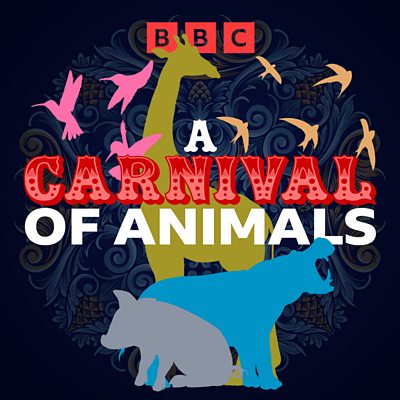Episode details

Available for over a year
In this episode, Katherine Rundell looks at the chicken - the most numerous bird on Earth, with 23 billion alive today and 60 billion consumed each year. Their bones may be one of the most enduring traces of human civilisation. Since the Second World War, chickens have been bred to grow faster and larger, making today’s broiler chickens biologically distinct from their ancestors. Chickens were first domesticated around 8,000 years ago and have played many roles in human culture - from sacred animals believed to predict the future, to pets and food. There are over 500 breeds, and despite their reputation, chickens are intelligent animals. They can solve problems, play games, and even adjust their behaviour depending on who’s watching. With their long history and surprising abilities, this episode asks us to reconsider the chicken not just as a food source, but as a remarkable and complex animal. Written and presented by Katherine Rundell Produced for ГЫСїґ«ГЅ Audio in Bristol by Natalie Donovan
Programme Website